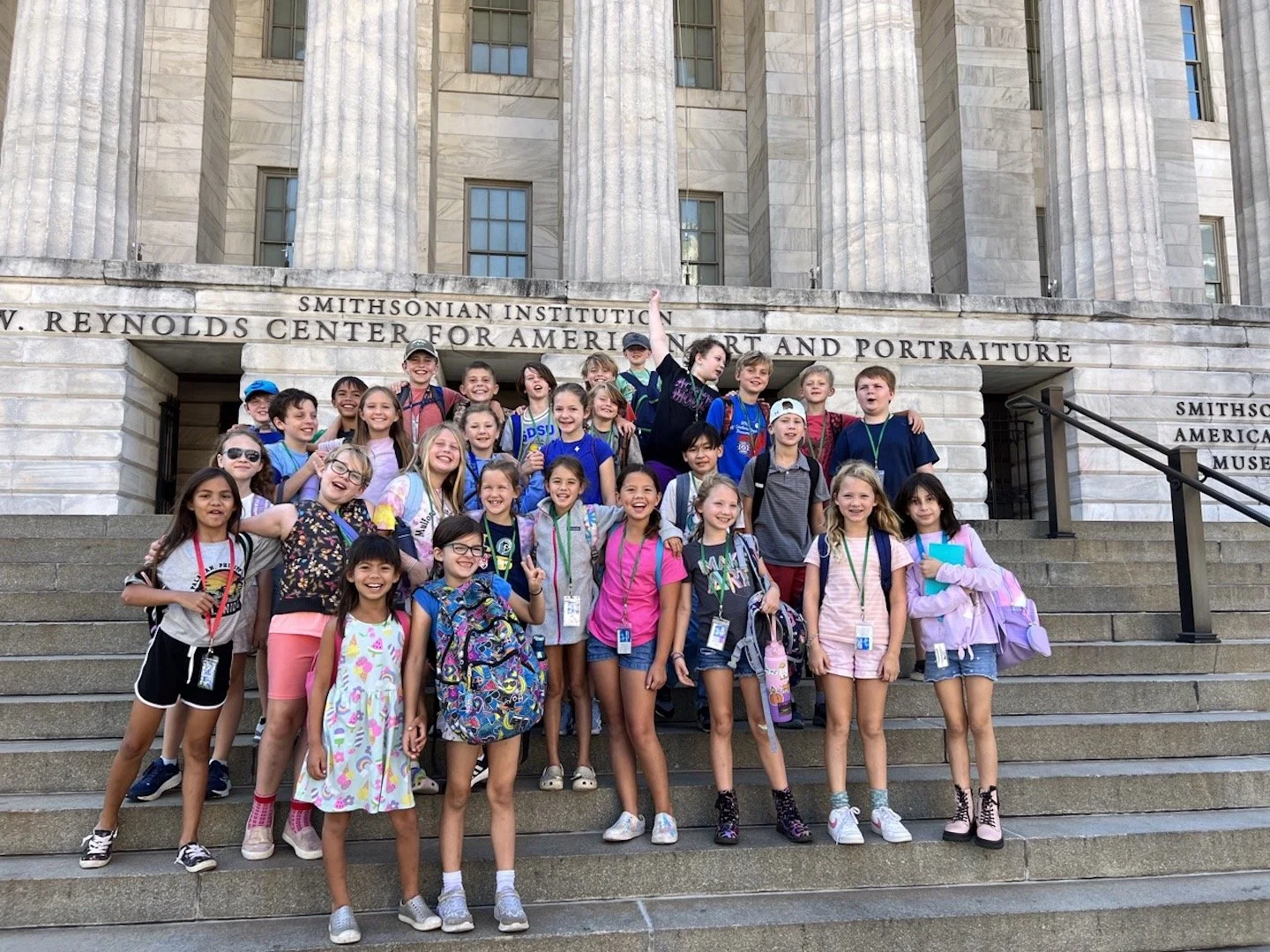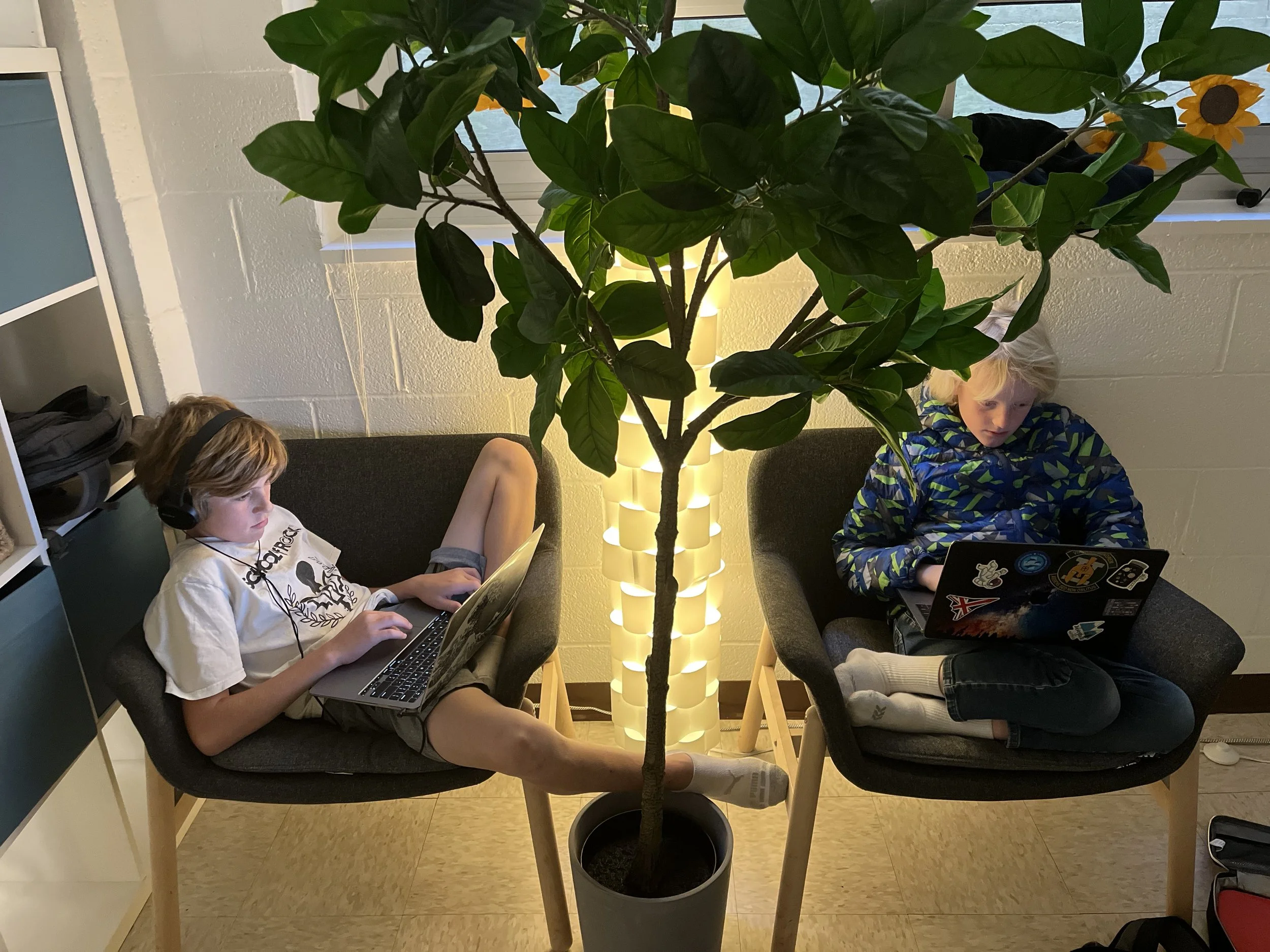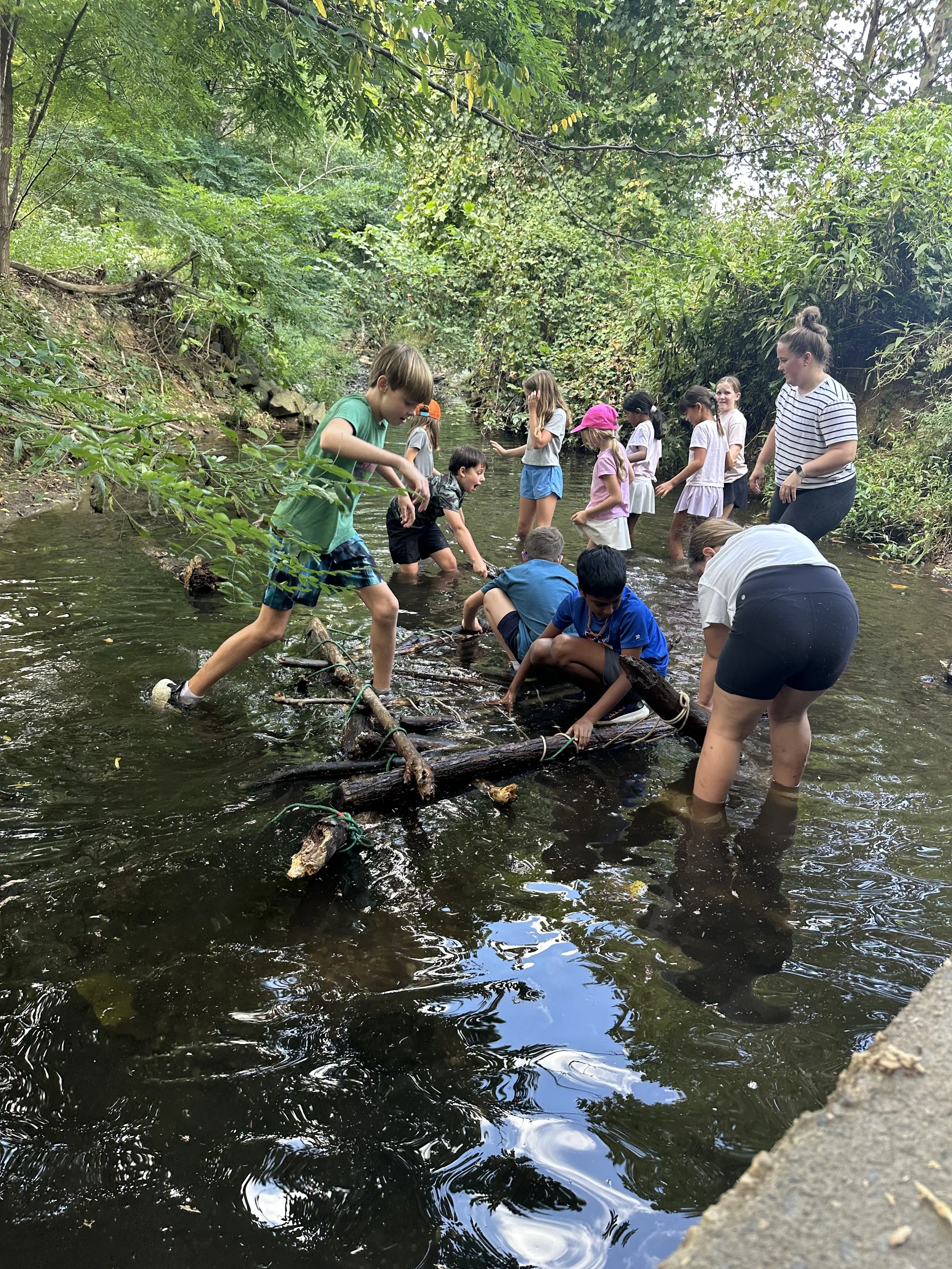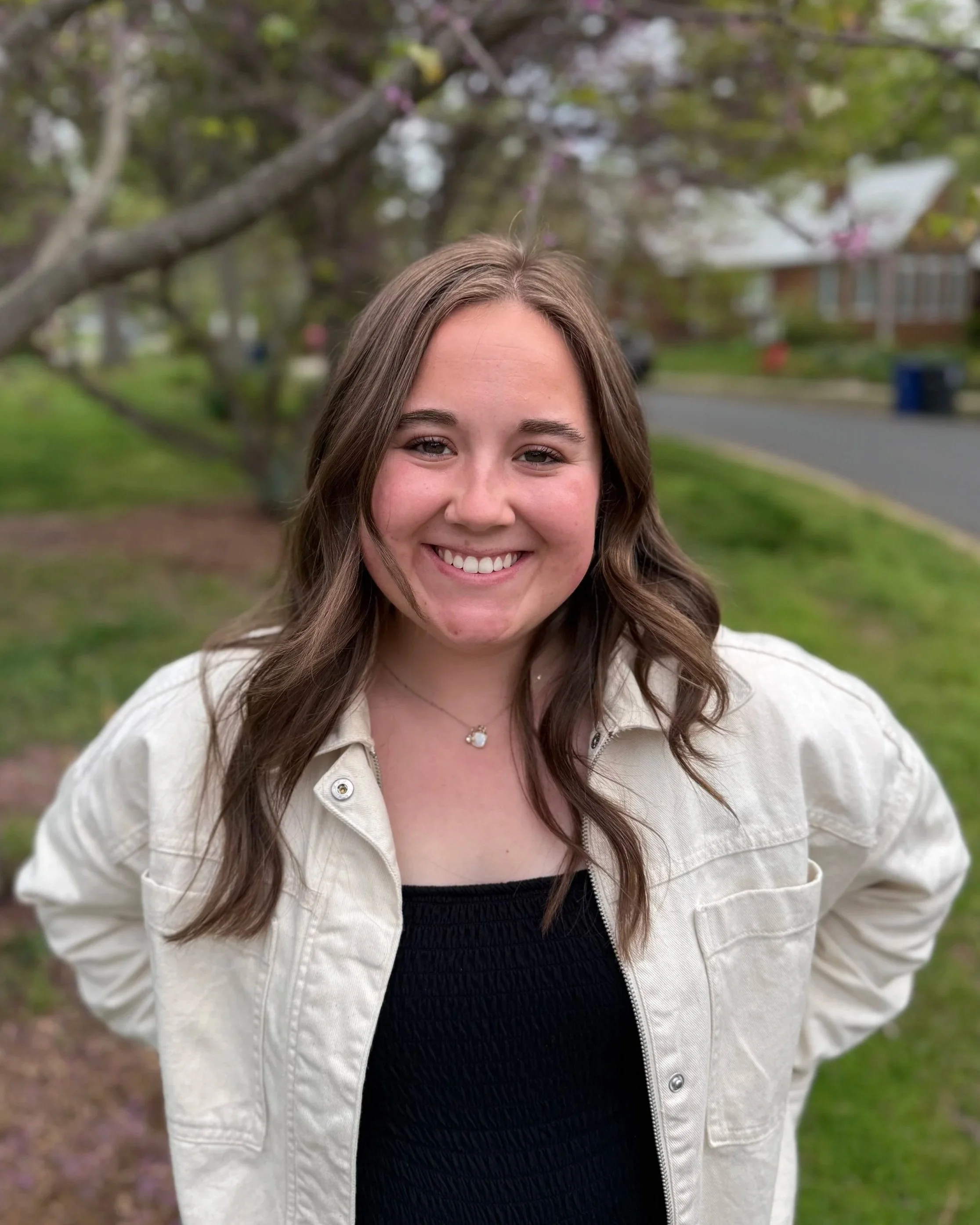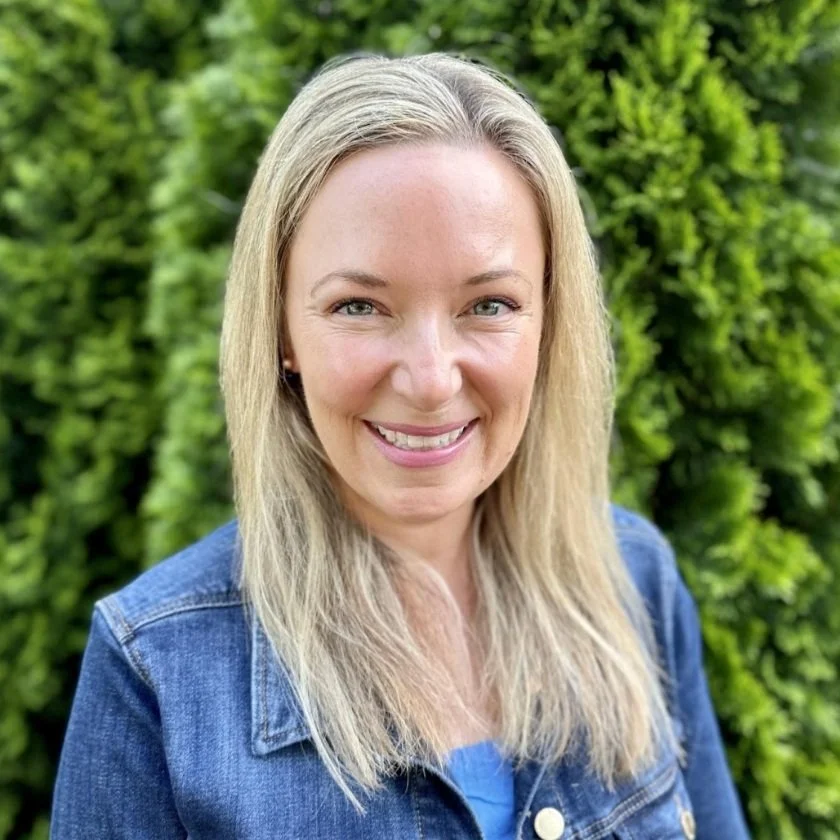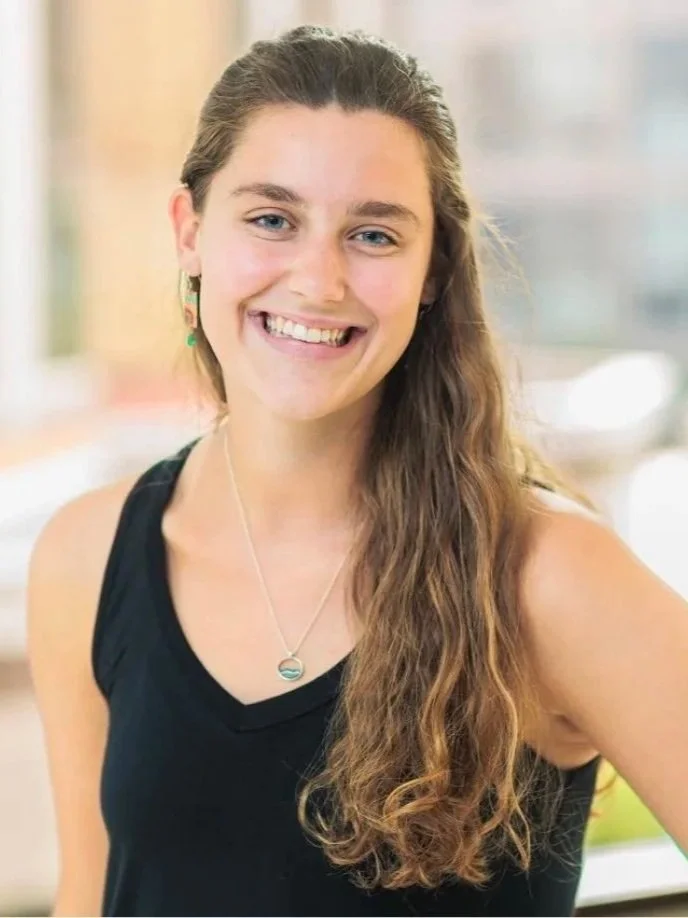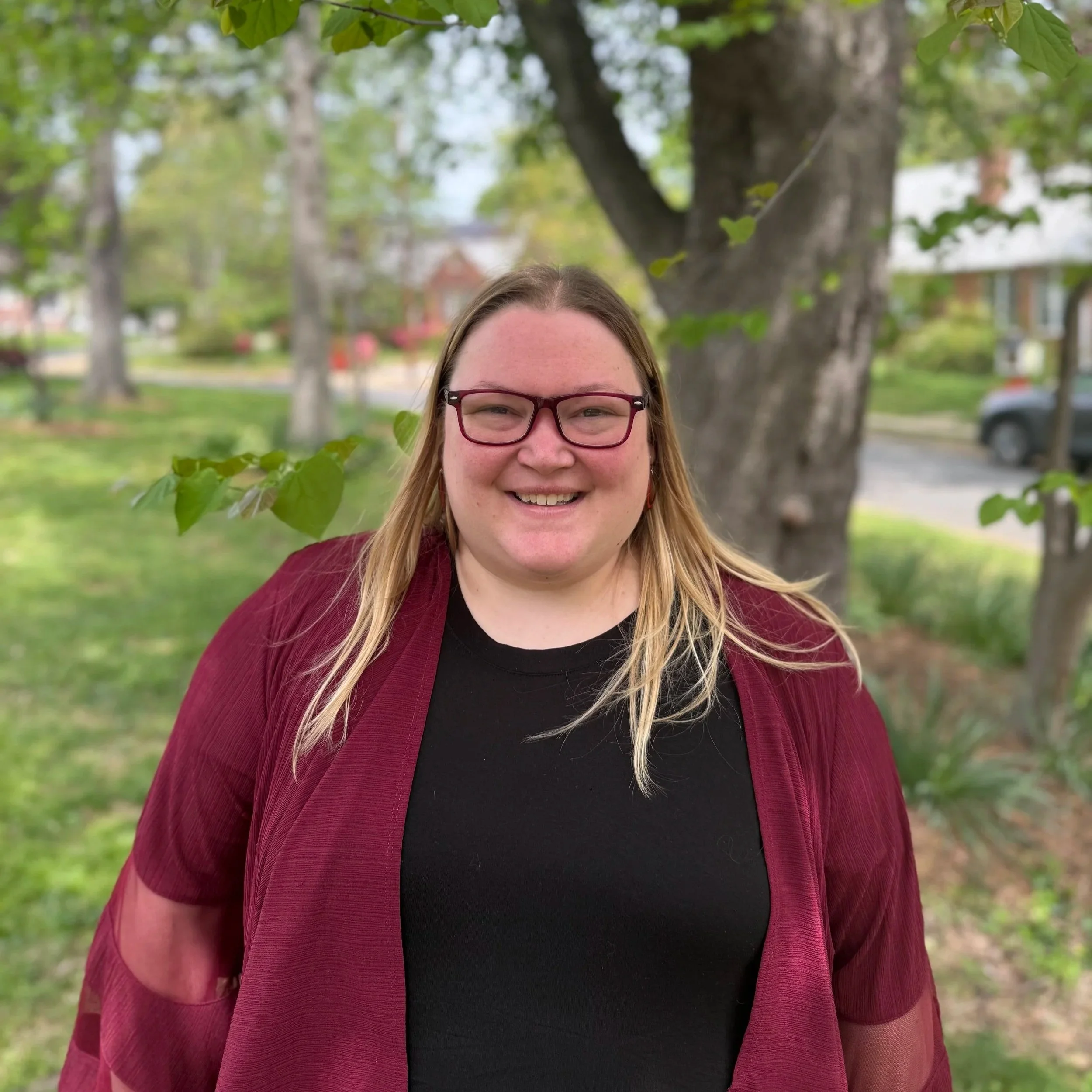Discovery Studio
Learners in Discovery Studio further develop a love of learning and kindness in relationships with others. Reading and math are mastery-based and learner-led using adaptive technology. Learners explore the arts, sciences, and social studies through exploratory projects that require teamwork, critical thinking and creativity. Meanwhile, plenty of free play binds the community together and fosters problem solving and collaboration.
What Makes Discovery Studio Special
Daily Schedule:
8:30 AM Arrival
8:45 AM Morning Launch
9:00 AM Morning Work
11:00 AM Lunch / Free Time
12:00 PM Afternoon Launch
12:15 PM Projects / Art
2:00 PM Studio Maintenance
2:15 PM Community Meeting
2:30 PM Free Time
3:15 PM Close
3:30 PM Dismissal
What is included in each time block?
Morning & Afternoon Launch: Socratic discussion & community meetings.
Morning Work: Individual and small guided group work in Math, Reading, and Writing.
Projects: Collaborative work time organized around various STEAM topics weaving in visits from experts, field trips, and real-world audiences.
Art: Visual arts, dramatic arts, musical arts
Close: Reflections on the day and lessons learned.


